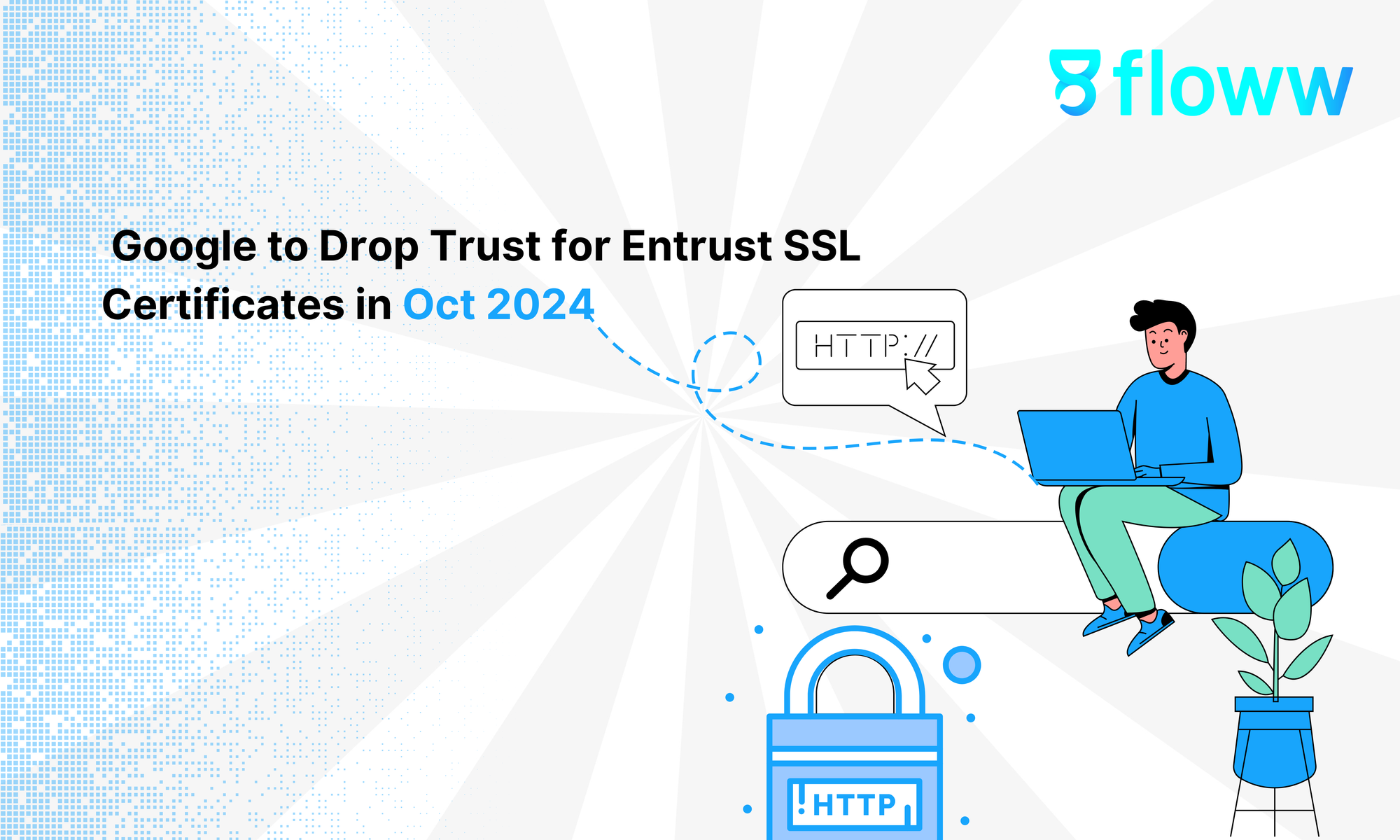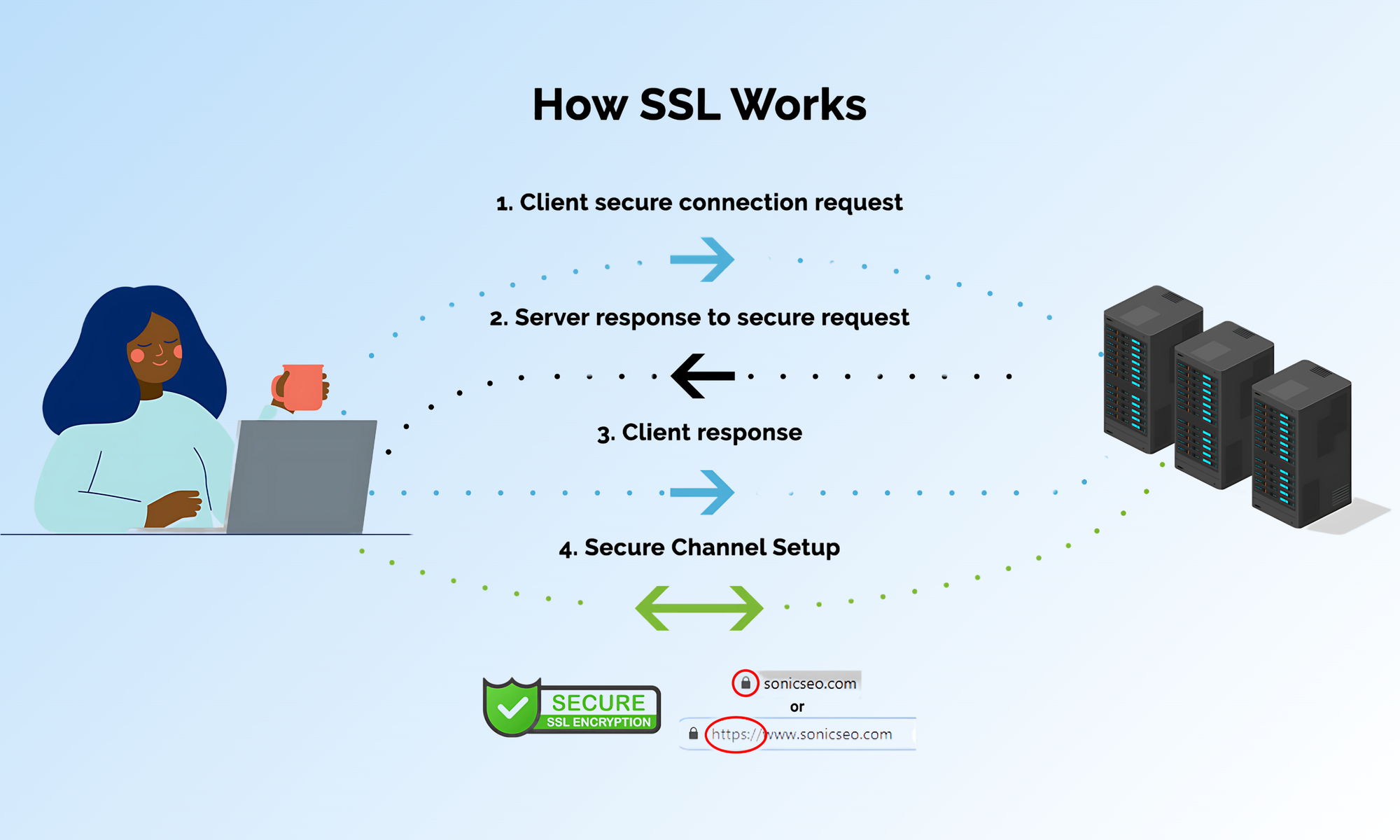Google to Drop Trust for Entrust SSL Certificates in Oct 2024
SSL certificates are vital for website security. Starting Oct 31, 2024, Google Chrome will stop trusting Entrust certificates. Stay secure!

SSL certificates are essential for website security, enabling encrypted connections and building trust with your users. Without them, web browsers like Google Chrome may flag your site as unsafe. Recently, Google announced that it will no longer trust SSL certificates from Entrust, a major Certificate Authority (CA), for any certificates issued after October 31, 2024.
If your website relies on Entrust SSL certificates, you could be at risk of losing traffic and customer trust. Let’s break down why Google made this decision and what you should do next.

Why Google Lost Trust in Entrust?
Certificate Authorities (CAs) like Entrust are responsible for verifying websites and issuing SSL certificates. When they fail to meet certain security and operational standards, browsers like Google Chrome can stop trusting them. This is what has happened with Entrust.
Over the past few years, Entrust has been involved in multiple incidents where they did not follow proper protocols. Google cited these recurring issues as the reason for its decision, stating that they had lost confidence in Entrust "competence, reliability, and integrity."
As a result, any SSL certificates issued by Entrust after October 31, 2024, will no longer be trusted by Chrome. This means websites using those certificates could face major accessibility issues, especially for users on Chrome.
What This Means for Your Website?
If your website has an SSL certificate issued by Entrust, this change will directly affect you. After October 31, 2024, any new certificates from Entrust won’t be recognized by Chrome. Here’s what could happen:
- Security Warnings: Visitors using Chrome will see warnings about your site being "Not Secure."
- Loss of Traffic: Many users will avoid websites with security warnings, leading to a drop in traffic.
- Operational Issues: Your website’s functionality, especially if it handles sensitive data, could be disrupted.
If your current Entrust certificate was issued before October 31, 2024, it will still be valid. However, you’ll need to switch providers when it expires.
How to Protect Your Website?
To ensure your website remains secure and trusted, follow these steps:
1. Check Your SSL Certificate: Verify if your site uses an Entrust SSL certificate. If so, check the expiration date and plan to switch providers before it expires.
- Select a New SSL Provider: Choose a reputable CA like DigiCert, GlobalSign, or Let’s Encrypt to replace your Entrust certificate.
- Install the New SSL: After purchasing a new certificate, install it following your host or platform’s instructions to ensure your site remains secure.
Stay Ahead of SSL Security Changes:
As Google moves to stop trusting SSL certificates from Entrust, it's crucial for website owners to act swiftly. Review your SSL certificate status, switch to a trusted provider, and keep your site safe and secure for the long term.


